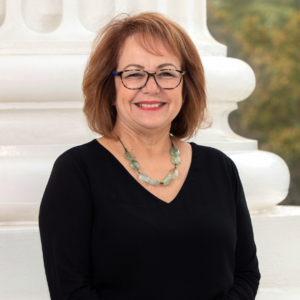LTPAC HIT Summit: Harnessing the power of resident consumerism and wellness engagement
As myriad entities strive to standardize assessment information and other data sets deemed crucial for electronic health record (EHR) interoperability, another segment of the care delivery continuum is receiving a second look as a potential goldmine of information for LTPAC electronic health records: The residents and their families.
Personal health records (PHRs) are nothing new, but the changing attitude toward their value as a data collection tool is. The growing consumerization of health and wellness has changed the way data is shared between residents and caregivers, and may well change the way LTPAC organizations do business, noted Peter Kress, CIO, ACTS Retirement-Life Communities.
The early EHR systems—at the time, greatly hospital-based—tended to be event-generated, physician-centric and overwhelmingly clinical. Early PHRs, if adopted at all, often were viewed as a convenience for patients at first, and later as a siloed attempt to engage patients in wellness management. In most cases, the data contributed to a PHR went nowhere.
But the LTPAC industry has long recognized the value of information that is contributed by the residents—as well as their family members and caregivers. The Program for All-Inclusive Care for the Elderly (PACE) program has been in place since the 1980s, for example. But the environment of acceptance is shifting toward more proactive interaction with residents and their families for more dynamic lifestyle support and wellness engagement, Kress said.
“We were talking about all these things 30 years ago. What’s changed is the culture.”
The EHR cannot—and should not—be seen as completely separate from customer involvement and customer relationship management systems (CRM), Kress added.
“The endgame HIE is a cloud PHR. The consumer is the ultimate arbiter,” he said. “Every time we interact with a patient, we generate information that belongs in the EMR and information that belongs in the CRM.”

Pamela Tabar was editor-in-chief of I Advance Senior Care from 2013-2018. She has worked as a writer and editor for healthcare business media since 1998, including as News Editor of Healthcare Informatics. She has a master’s degree in journalism from Kent State University and a master’s degree in English from the University of York, England.
Related Articles
Topics: Articles , Technology & IT











